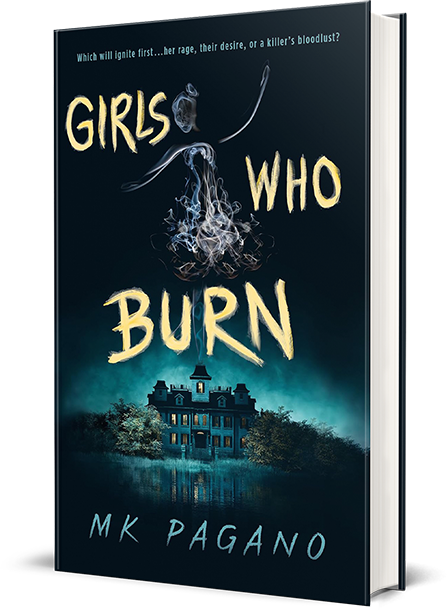MK’s Book Reviews: All The Light We Cannot See
You’ve likely heard of this book, as it was everywhere this summer. It also won a highly coveted prize.
Is it worth the hype?
In a word: ABSOLUTELY.
From Goodreads:
Marie-Laure lives with her father in Paris near the Museum of Natural History, where he works as the master of its thousands of locks. When she is six, Marie-Laure goes blind and her father builds a perfect miniature of their neighborhood so she can memorize it by touch and navigate her way home. When she is twelve, the Nazis occupy Paris and father and daughter flee to the walled citadel of Saint-Malo, where Marie-Laure’s reclusive great-uncle lives in a tall house by the sea. With them they carry what might be the museum’s most valuable and dangerous jewel.
In a mining town in Germany, the orphan Werner grows up with his younger sister, enchanted by a crude radio they find. Werner becomes an expert at building and fixing these crucial new instruments, a talent that wins him a place at a brutal academy for Hitler Youth, then a special assignment to track the resistance. More and more aware of the human cost of his intelligence, Werner travels through the heart of the war and, finally, into Saint-Malo, where his story and Marie-Laure’s converge.
I often wonder if we will ever tire of reading and writing about World War II. Perhaps as time goes on and we move further and further away from it–but perhaps not. It’s a fascinating, horrifying time in the history of the world and I for one will probably be reading stories about it for the rest of my life.
All The Light We Cannot See is haunting and lovely and heartbreaking and beautiful. It’s told in the alternating points of view of Marie-Laure, first in Paris, then in Saint-Malo, Werner, first in Germany, then in various places throughout Europe before ending up in Saint-Malo–and then there is a third POV character, a German officer in pursuit of the jewel Marie-Laure and her father have with them. The narrative also narrows in on some of the secondary characters throughout the war and its aftermath, painting a very vivid picture of how great this war really was and how many people it touched.
The beginning of the novel:
At dusk they pour from the sky. They blow across the ramparts, turn cartwheels over rooftops, flutter into the ravines between houses. Entire streets swirl with them, flashing white against the cobbles. Urgent message to the inhabitants of this town, they say. Depart immediately to open country.
The tide climbs. The moon hangs small and yellow and gibbous. On the rooftops of beachfront hotels to the east, and in the gardens behind them, a half-dozen American artillery units drop incendiary rounds into the mouths of mortars.
I do have to admit I am biased to this kind of story. I lived in France, in a town that was even more completely destroyed than Saint-Malo, and I have visited Saint-Malo twice.
I also have a fascination with World War II stories told from the German point of view, perhaps because one of my favorite books of all time is one such story.
But the beauty of this story lies not only in the history, and not only in the flawless prose–it lies, as all good stories do, in the characters.
Marie-Laure and her father are wonderful protagonists, the kind that are impossible not to love. See this quote from Marie-Laure, in response to to people calling her “brave” for being blind:
“But it is not bravery; I have no choice. I wake up and live my life. Don’t you do the same?”
And then there are the people around them in German-occupied Saint-Malo, who at a great risk to themselves, did what they could to undermine German control. Here, the woman they live with, Madame Manec, in regards to her role in the Resistance:
“Seventy-six years old, and I can still feel like this? Like a little girl with stars in my eyes?”
But I will always prefer the morally-ambiguous to the unequivocally good, which is why Werner’s story really grabbed hold of me:
“You know the greatest lesson of history? It’s that history is whatever the victors say it is. That’s the lesson. Whoever wins, that’s who decides the history. We act in our own self-interest. Of course we do. Name me a person or a nation who does not. The trick is figuring out where your interests are.”
“How do you ever know for certain that you are doing the right thing?”
I don’t want to say anymore because this is the kind of book that really speaks for itself.
This is a doorstop of a novel, so you will have to dedicate a good chunk of your time to it, but the journey is absolutely worth it.
Above image of Saint-Malo, France taken by me, April 2004



Loved, loved, loved this book! I am big into WWII fiction anyway but this novel is one of the few that I wanted to read again as soon as I was done.
[…] asked when I reviewed this book when books about the Holocaust/World War II would start getting stale. The answer is, I think, […]
[…] Worth The Hype This book was just lovely, and this one was just […]